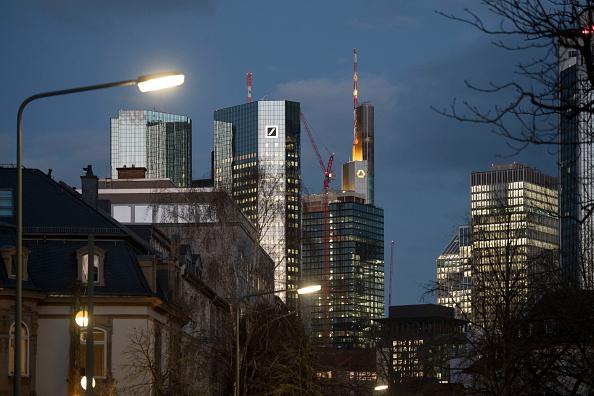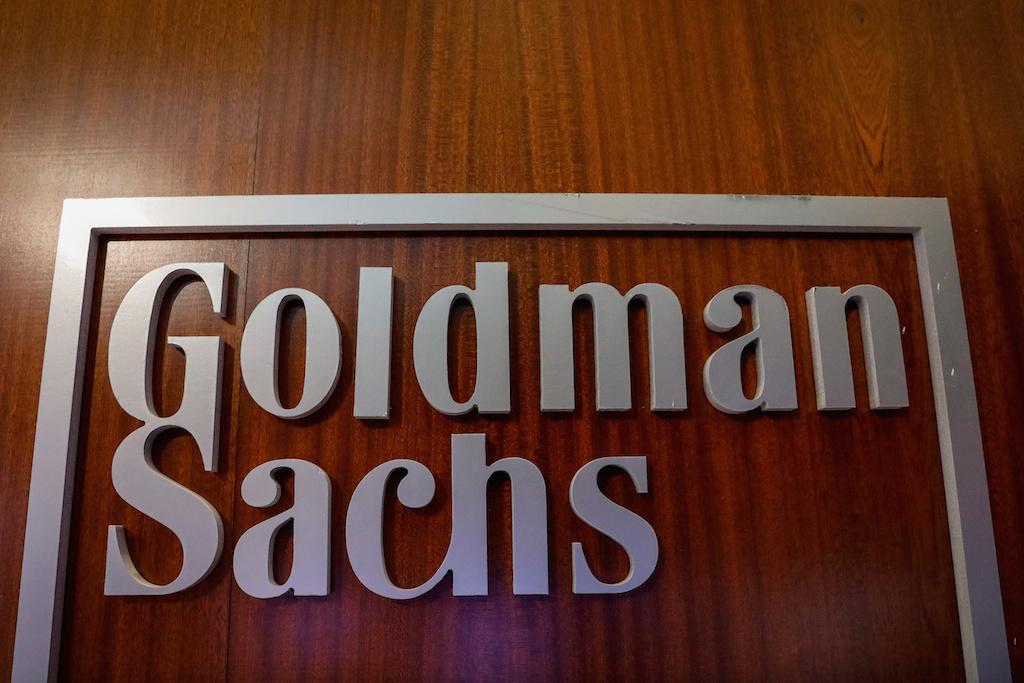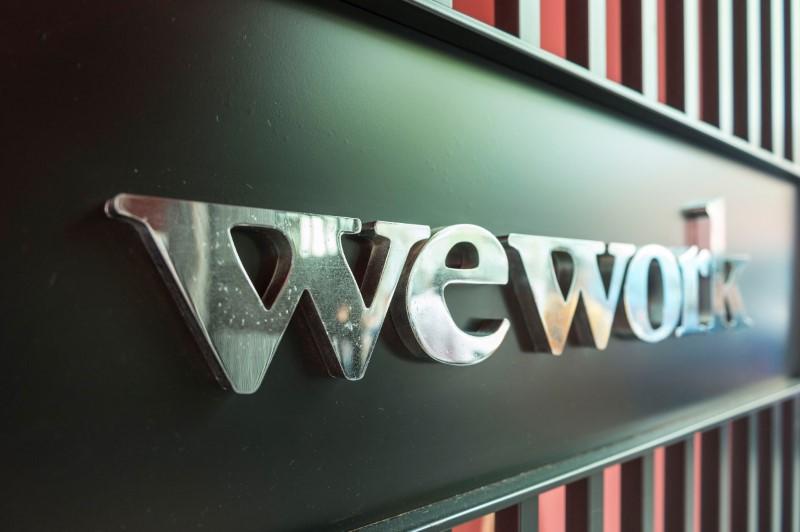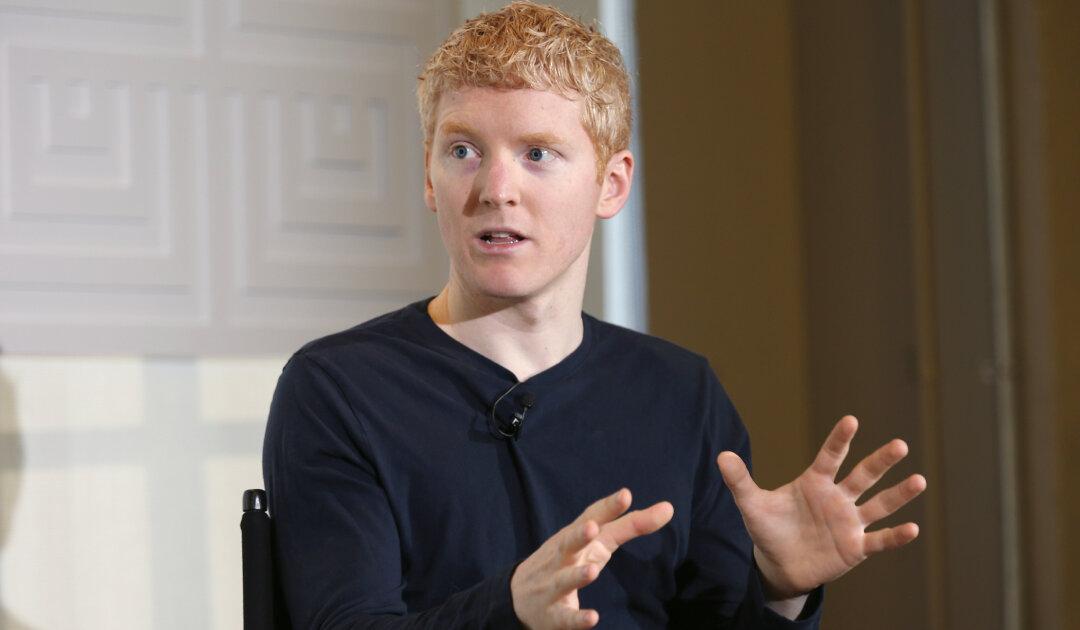Deutsche Bank AG’s troubled trading arm will be a focus of European banking regulators when they decide whether to approve a potential takeover of rival Commerzbank AG, according to people familiar with the matter.
Supervisors at the European Central Bank and national authorities want a clear idea of the degree the combined entity will depend on the securities unit for revenue, said the people, asking not to be identified as the talks are private. The rationale of the deal cannot simply be to use additional retail deposits to finance the investment bank, said one of the people.




